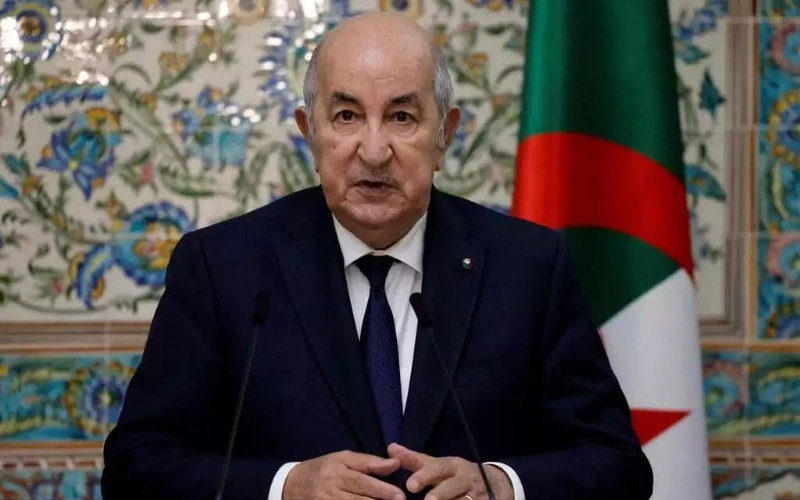Morocco Gains Ground in Sahel as Algeria’s Influence Wanes

While Algeria is losing ground in the Sahel, Morocco is advancing its pawns. The main cooperation project between the kingdom and Mali aimed at connecting the Sahel to the Atlantic via the Sahara is fascinating.
"Since the arrival to power of the military in Bamako and Niamey, the traditional mediating position occupied by Algeria is no longer accepted," observes François Soudan, editor-in-chief of Jeune Afrique, in La Semaine de JA, on RFI. This is evidenced by the proposal of Algerian President Abdelmadjid Tebboune to act as a mediator between Bamako and the Tuareg rebels in northern Mali, which "has little chance of succeeding." "It is more of a posture than a serious offer," says François Soudan, before recalling that the Algerian president "knows perfectly well that Bamako refuses any foreign mediation in its internal affairs, and even more so that of Algiers, accused of hosting several rebel leaders, as well as Imam Dicko."
This mistrust is explained by "a fundamental divergence: Algeria seeks to accommodate the Malian Tuaregs to avoid the conflict spilling over into its own territory, rich in strategic oil and gas installations," analyzes Soudan. According to him, the loss of Algeria’s influence in the Sahel is the result of two major setbacks. The first is Mali’s withdrawal from the Algiers agreement in January 2024. The adoption of the Charter for Peace, the drafting of which was led by Ousmane Issoufi Maïga, completely called into question the agreement signed in 2015 in Algiers between the belligerents. The second setback is the refusal by Niamey, in October 2023, of a civilian transition proposed by Algiers.
For Algiers, the loss of its influence in the Sahel would be caused by "hostile foreign influences" - from Morocco to Israel, including the United Arab Emirates. But the editor-in-chief of Jeune Afrique recalls that "the causes are also internal: more than a decade of self-absorption, between the illness of President Bouteflika and popular unrest, has frozen the Algerian vision of the Sahel as a security glacis, and not as an area of economic opportunity." This withdrawal benefits Rabat. "Morocco is acting with a structured, global project of influence, combining economy, religion and security," explains François Soudan. This "Atlantic strategy" aims to connect the landlocked Sahelian states to the ocean, an ambitious bet that remains "largely at the announcement stage, but which makes sense geopolitically." Indeed, "the three countries of the Sahel States Alliance constitute a promising market for Rabat, while offering it a role as an intermediary between the ASA, Europe and ECOWAS," says the French journalist.
This project had been presented to Burkina Faso, Mali, Niger and Chad on December 23, 2023 in Marrakech. It aims to transform the economies of the Sahel, improve the lives of its populations and promote security in the region by connecting the Sahel countries to the Atlantic. This project had moreover frightened Algeria. In January 2024, the Algerian intelligence services had warned the Algerian leaders against the consequences of the rapprochement between Morocco and Mali, two countries with which Algiers no longer maintains good relations.
Related Articles
-

Morocco’s Toll Road Revolution: Mass Layoffs as ’Jawaz’ System Sparks User Outrage
11 August 2025
-

Moroccan Renters Face 100% Commission Shock: Calls for Urgent Real Estate Reform
11 August 2025
-

Corruption Scandal Rocks Moroccan Parliament: Majority Parties Lead in Prosecutions
10 August 2025
-

Morocco Cracks Down: Feeding Strays Now Illegal, Hefty Fines for Animal Lovers
10 August 2025
-

Israelis of Moroccan Descent Rediscover Roots Amid War, Fueling Return Migration Wave
10 August 2025